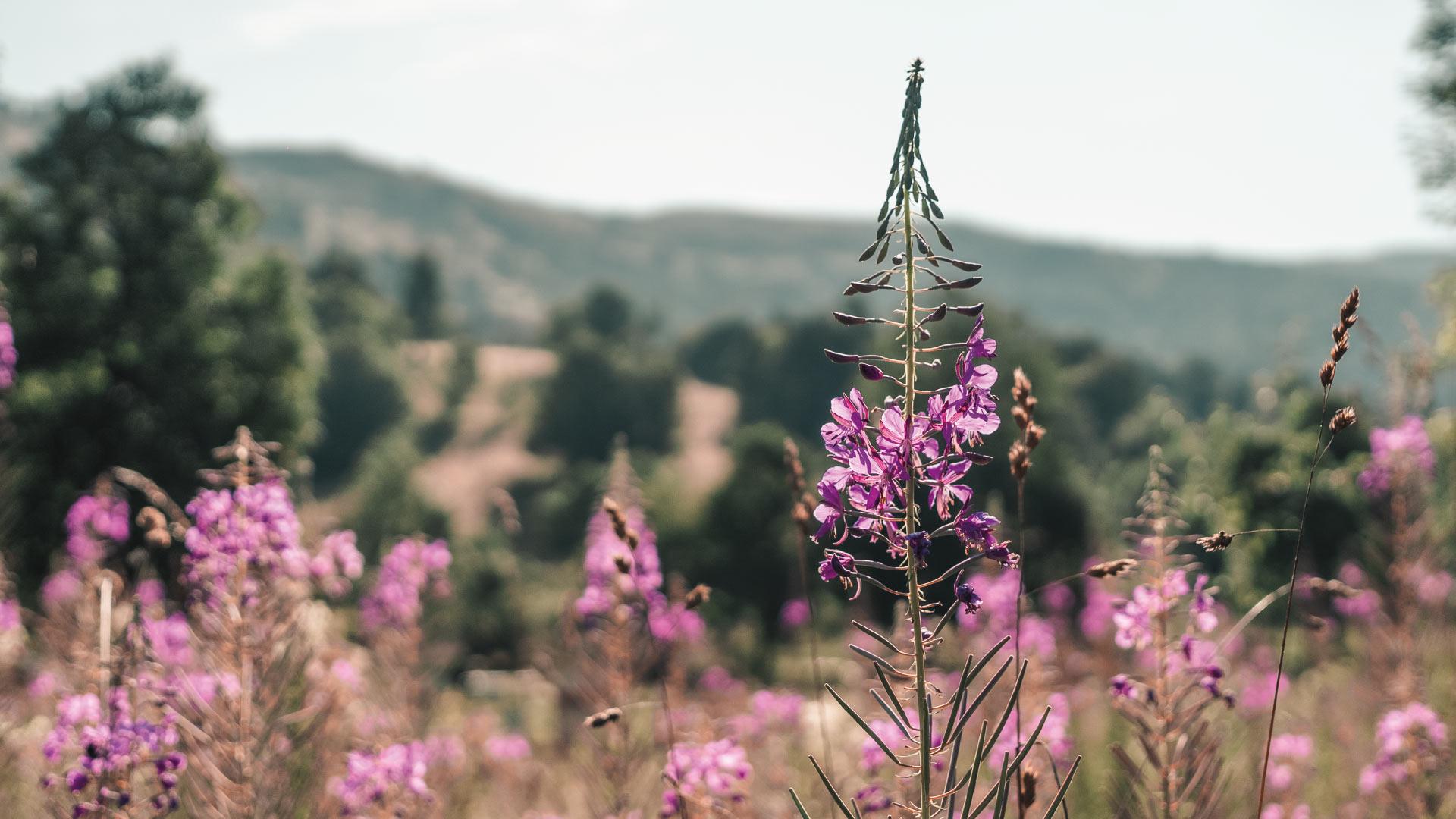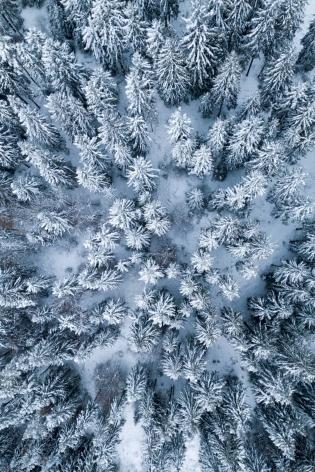
Klébert Silvestre, gUardien of the black bee
In his youth, Klébert Silvestre was a mountain shepherd. Both of his grandfathers kept hives of black bees, the region’s typical bee variety.
Once he reached 40, after having travelled extensively and worked as a mountain guide, he felt a need to get back to nature, and specifically to follow in his grandparents’ footsteps and work with black bees.
An ecologist for as long as he can remember, as far back as the late 1990s he could see the absurdity of buying bees that weren’t local. As beekeeping is seasonal work carried out during the summer, Klébert Silvestre, president of Savoie’s Centre for Technical Beekeeping Studies (CETA) and vice president of the European Federation of Black Bee Conservation, is also a member of the ski patrol in winter.
A fabulous bee
Widespread throughout the Tarentaise valley, the black bee is “rustic, economical and capable of spending six months beneath the snow during the winter” explains Klébert Silvestre. It doesn’t matter what the weather is like, it keeps on regularly producing honey.
At threat due to beekeepers buying large quantities of non-local insects and swarms, these bees then crossbreed with black bee queens, which reduces the colony’s ability to adapt to the high mountain environment.
To fight this scourge, a black bee conservatory featuring a fertilisation hive was created in partnership with the Vanoise National Park in Les Belleville’s Encombres Valley, to procure strains of black bees for beekeepers in isolated valleys.
Valleys that are far enough away to hopefully be able to reverse the damage caused by crossbreeding, to which too many surrounding valleys have already fallen victim. “It is difficult in France for the regulations to be tough enough to limit the influx” bemoans Klébert Silvestre.

A dedicated museum

Opened in December 2019, the Museum of Nature and the Black Bee set itself the goal of narrating, via a sensory and interactive pathway, the history of this bee, which has been local to the area for thousands of years. And of course, to explain why its preservation is so important. The site was designed for children and adults alike. Klébert Silvestre is delighted with the awareness raised among local honey buyers, with the majority of them asking if it’s really “black bee honey”.
Contact Klébert Silvestre
La Biellaz – Saint Marcel – 73440 Les Belleville
Recharge your batteries
A breath offresh air
Being on holiday gives you chance to take your time. Take a little time for yourself, to get in touch with your emotions, your body and nature in Les 3 Vallées.








